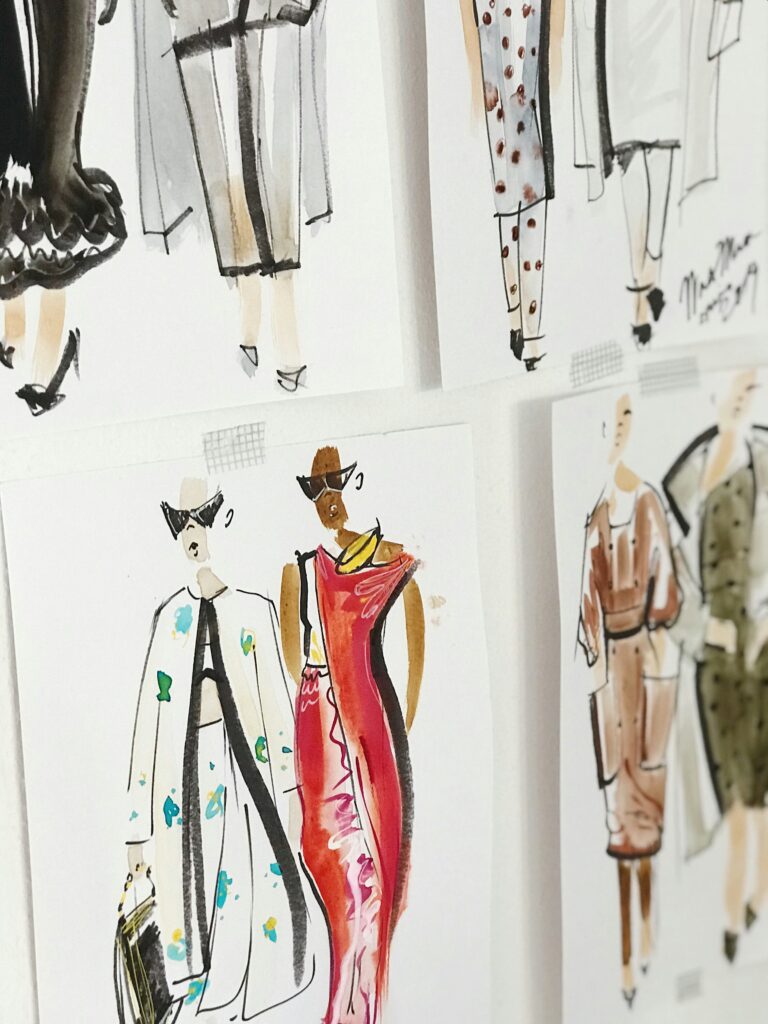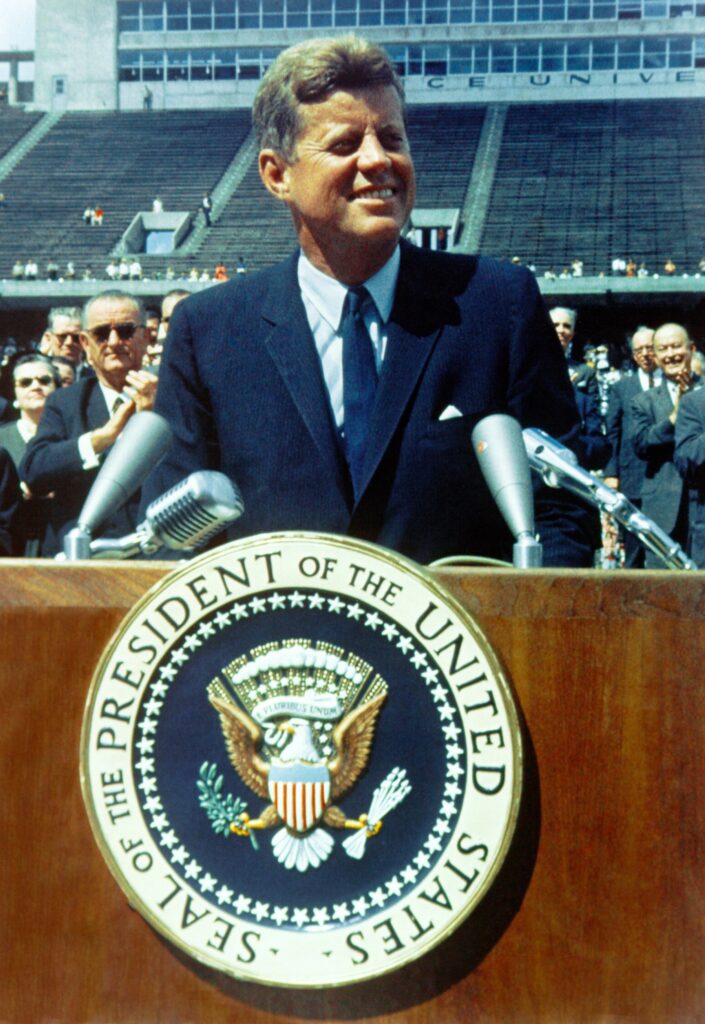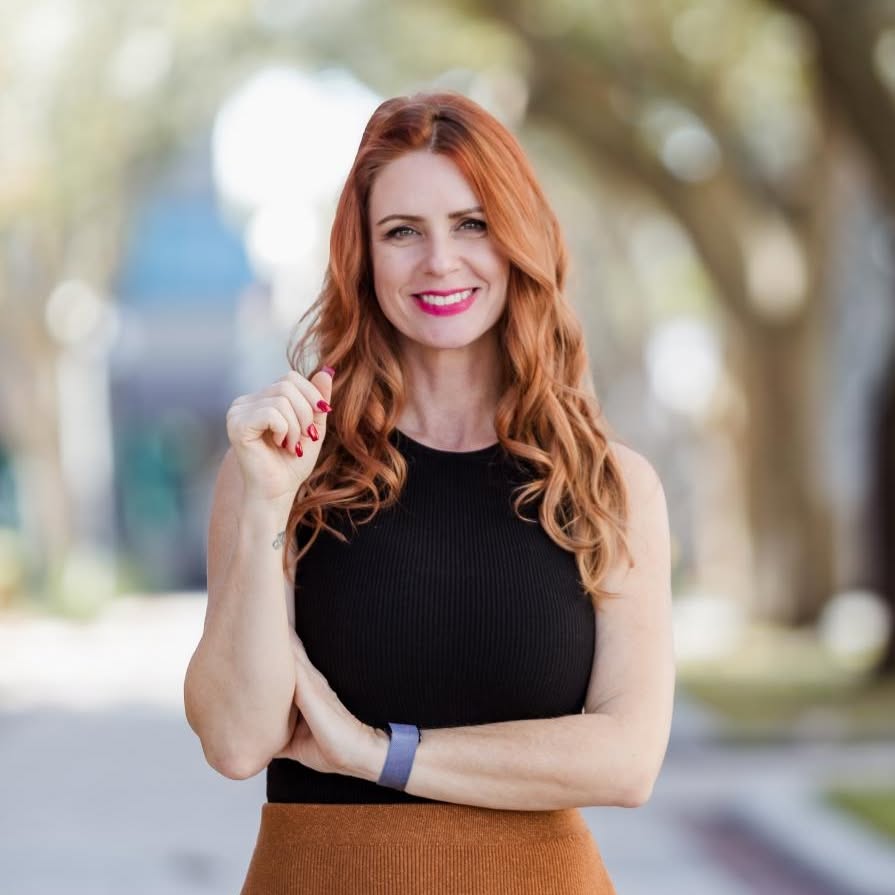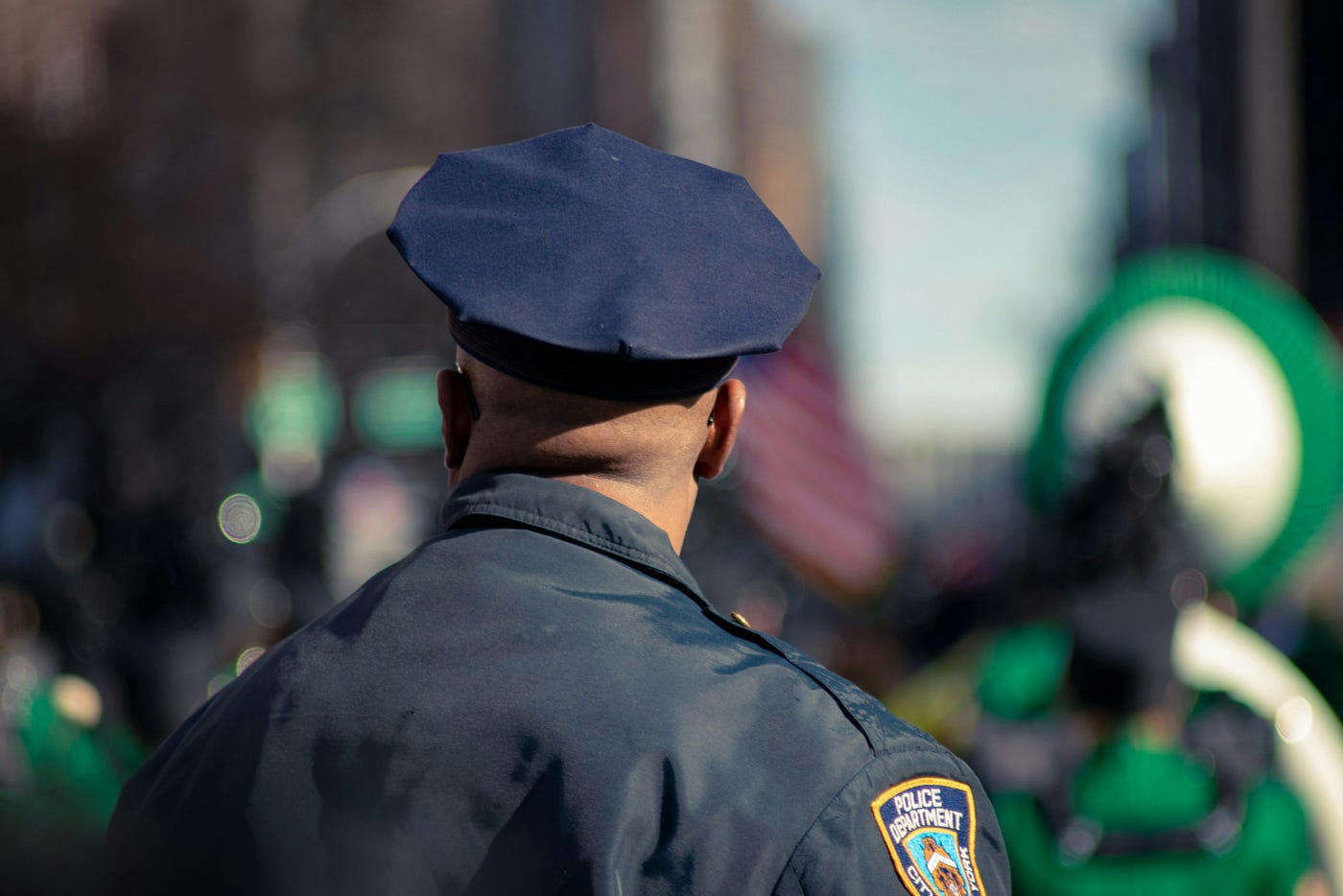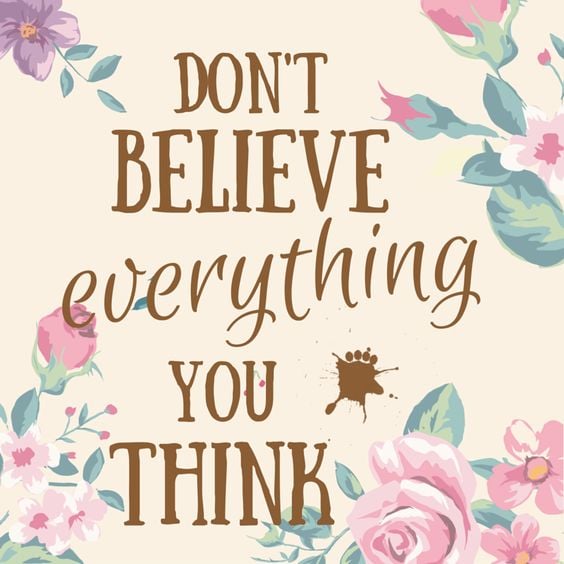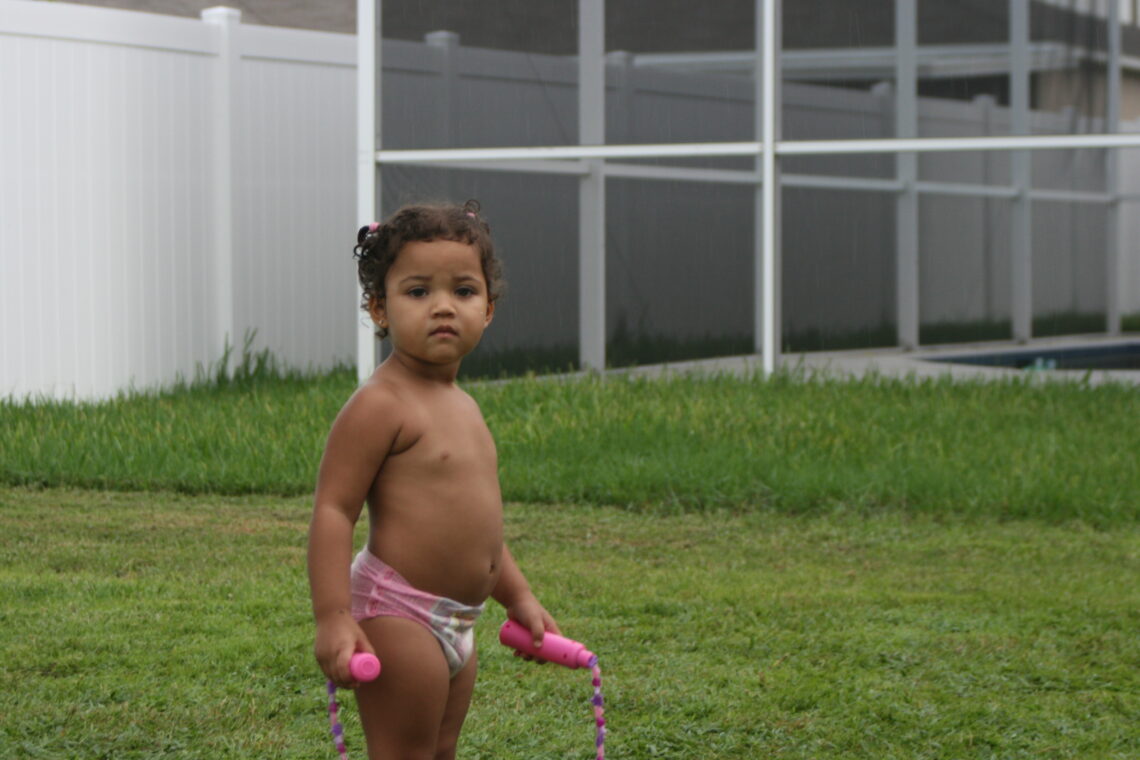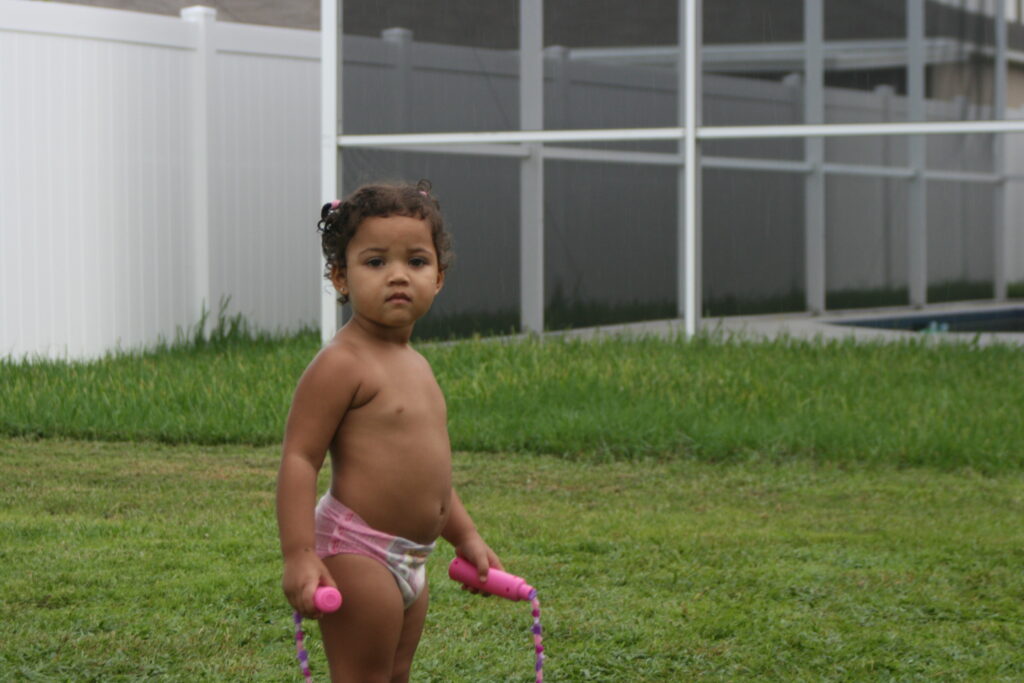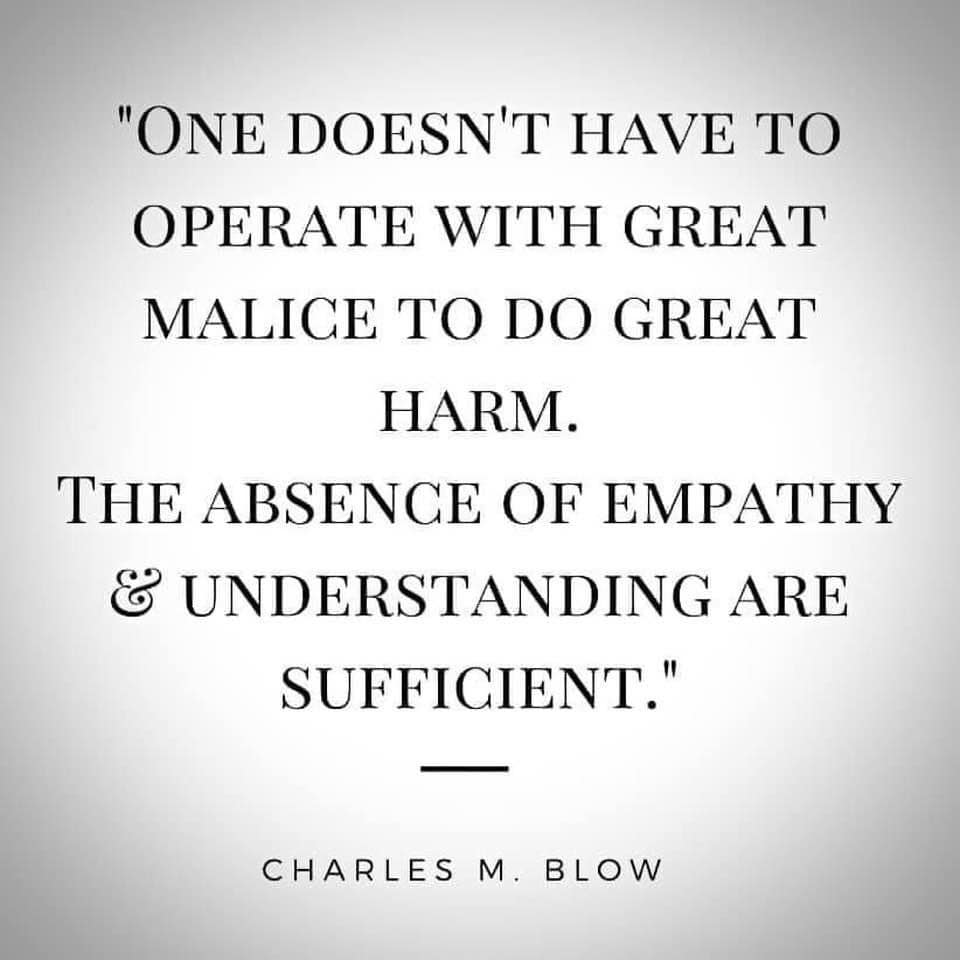A friend and I were discussing that “thoughts create experiences” statement. My friend loves “The Secret” and works hard on a daily basis to keep his thoughts positive and upbeat. My friend says “feelings always create thoughts” and I keep arguing, no “thoughts create feelings”.
My belief is that it’s a circle, that is very serious business for how anyone experiences life. Belief is the operative word here. Because before thoughts, you have the beliefs. Research tells us that we will dismiss any thoughts or experiences that don’t align with personal beliefs. That means that no matter what is put before us we stay on one track.
Note: That is a reason for college and continued education. When in college you can’t help but come into contact with varying belief systems that do not align with your own. At that age, we can be open to those differing beliefs and develop flexibility that can serve us in the future.
Belief systems are ways that humans create feelings of security. Beliefs are thoughts that can be counted on. If a belief is supported by life then the belief and the structure created by the belief is congruent. If life does not support the belief and the structure then flexibility can allow for productive change and an adjustment to the beliefs. This will allow continued happiness. Inflexibility is a structure that creates frustration and anguish. Just talk with any couple who believes in marriage and yet finds themselves in the unbelievable struggle called divorce.
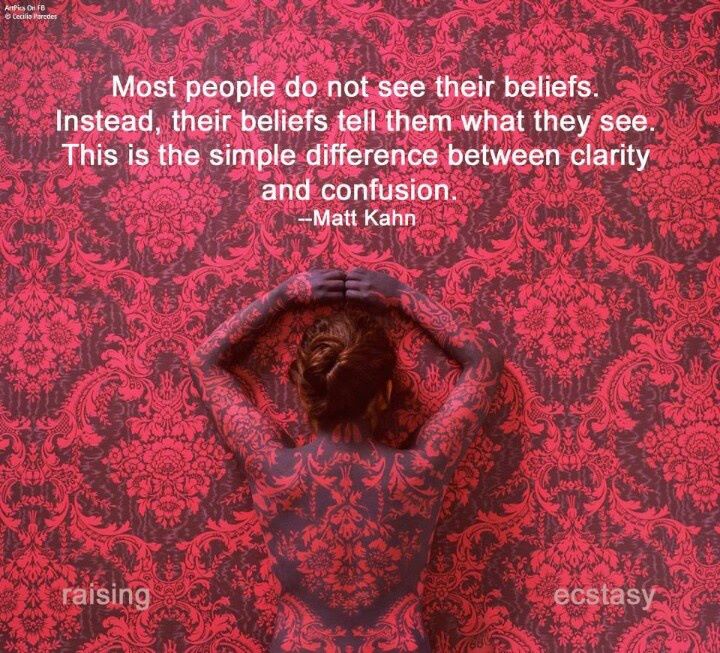
The circle is belief, thought, feeling, experience, belief, thought, feeling and experience. Belief creates the thinking and the feeling and the belief will always create thinking and feeling that aligns with itself. Beliefs are like pigs eating at a trough, don’t get in the way and don’t try to make them stop. It is only when disaster strikes that beliefs will open to examination.
A friend of mine was telling me about her and her daughter’s conversations with an attorney. My friend’s daughter was stuck in another state because she had a child with a man who lived in that state. The laws are quite clear about leaving the state with a child without the parent’s permission.
On their last phone call with the attorney, my friend heard quite clearly from the attorney “since he is not paying child support, nor seeing the child regularly, we can definitely see a way to argue within the court that the child will be better off if the mother is allowed to move home.” When her and her daughter consulted each other after the phone call, her daughter told her, “I told you mom, there is no way that I can move home, I simply won’t ever be able to leave this state until my son is 18.” My friend was so surprised that she could barely breathe. What she realized was that her daughter did not want to come home, she believed that she was better off where she was. Her daughter’s belief allowed her to hear exactly what she needed to hear to reinforce her belief and that was all. It could have been vice versa and my friend only heard what she wanted to hear, but the point of the story is that the belief creates the thinking and the experience. Both women were hurt and upset by the conversations.
The most important point of the entire discussion is that we learn how to discern a belief within our thinking. Learning how to tell the difference between thinking the same old things and seeing something new is a critical skill for adulting. We need to know when we are clinging to something that no longer exists (a marriage, or a job). We need to know when we can’t see the truth about a person who is important to us. We need to get out of our own way and recognize the blind spots.
Perhaps you know someone who lives in denial of a life situation. Is it frustrating for you? Your best friend’s husband is cheating and she won’t see it because he has always been so wonderful. The esteemed doctor is coming to work with alcohol on his breath and is making mistakes in diagnosing and treating. You don’t want to stop believing that the doctor is a good doctor, so you let him go on making awful mistakes, perhaps until it hurts someone.
We want our belief structures, and that’s okay. We just have to learn to call them what they are: beliefs, not facts.
